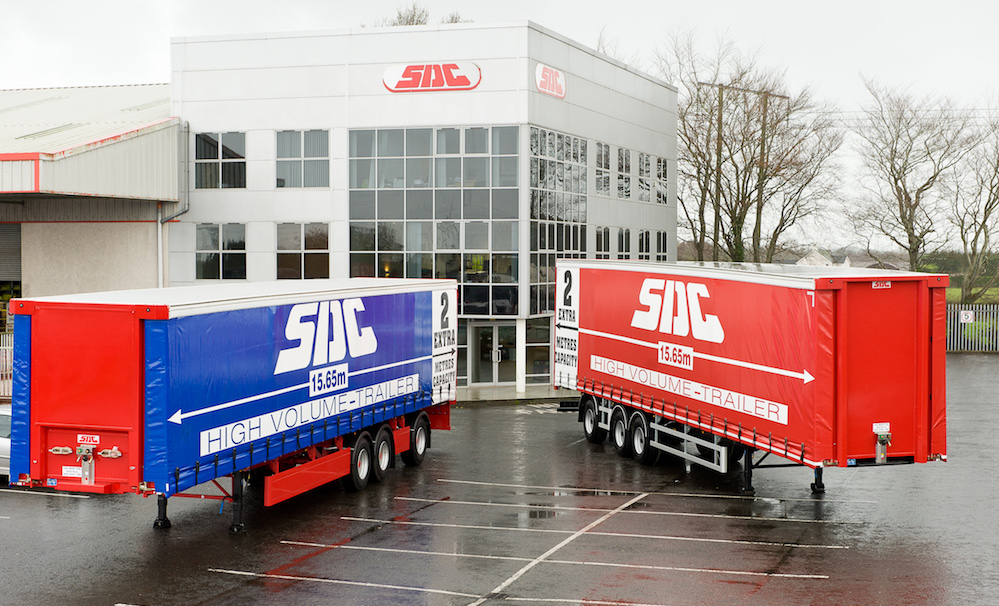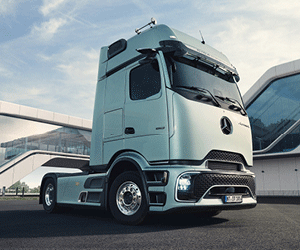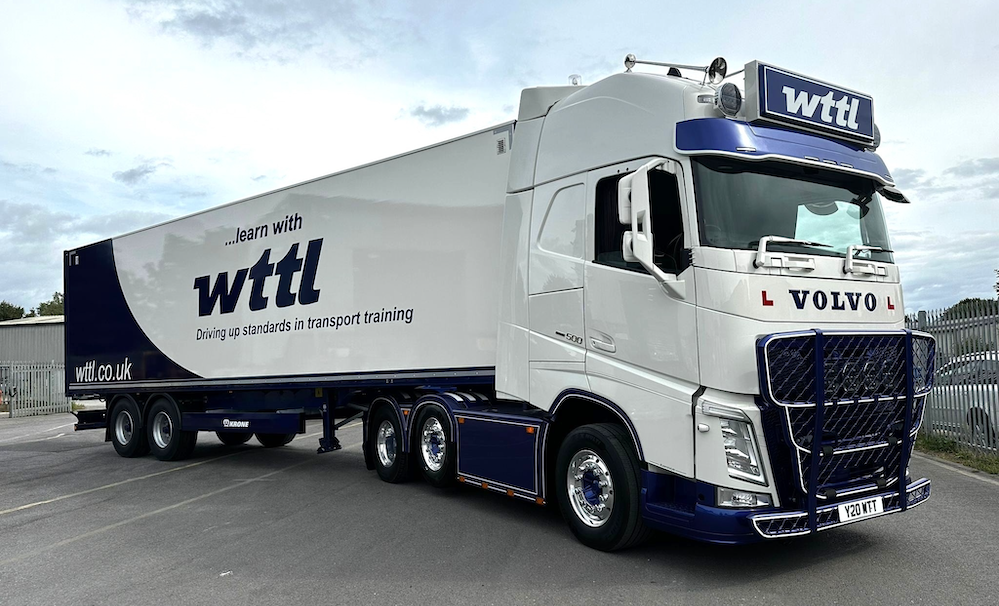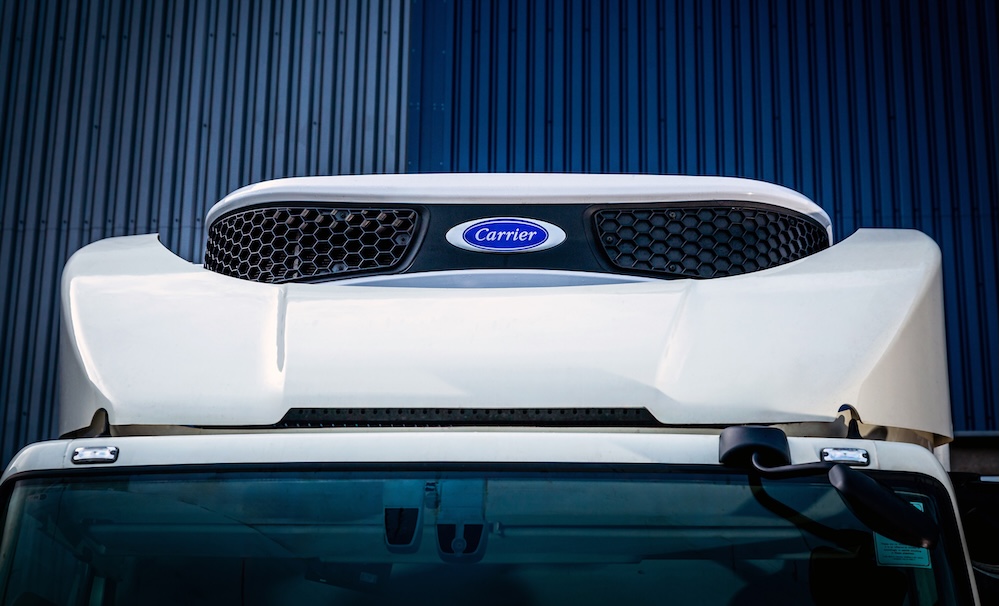SDC have welcomed the Department for Transport (DfT) announcement that it will be extending the Longer Semi-Trailer trial (LST), with the addition of 1,000 new vehicles over the next 12 months and a longer reporting period. The programme allows operators to carry higher volumes of goods while still meeting the current regulations with regard to maximum permitted weights and turning circles As the UK’s first manufacturer to develop the longer semi-trailer, SDC have been a significant supplier to operators participating in the trial over the last five years.
The DfT introduced the scheme in 2012, to monitor and evaluate whether anticipated environmental and economic benefits could be achieved using 14.6m and 15.65m LST’s. Now in its fifth year, there is good evidence that LST operations are realising significant savings in the number of trailer vehicle kilometres driven on GB roads, with consequential environmental benefits.
SDC Trailers Commercial Director, Paul Bratton said “As the UK and Ireland’s largest trailer builder we more than welcome the decision to extend the trial from 1,800 to 2,800 longer semi-trailers and increase the reporting period by five years.
Feedback from our customer base is that the trial has been a huge success to date, and while the LST doesn’t suit everyone’s operation, it has brought enquiries and requests for more licences as hauliers see the benefits and additional flexibility these trailers offer, with all manner of loads, from hay to pallet networks.
Where operation allows the full utilisation of a longer length trailer, the reduction in the number of journeys is a real fuel saving, which can only be of benefit to greenhouse gas reduction targets, not to mention an increase in profitability for the operator.”
The economic benefits of the ten year trial are estimated at £33 million, with British hauliers saving up to 1 in 9 journeys and reducing carbon emissions by up to 3,000 tonnes. According to Risk Solutionsfourth annual report published on 6thSept 2016, the trial has recorded around 70% fewer collisions and casualties per kilometre on the new lorries, compared to the average for standard articulated lorries.








